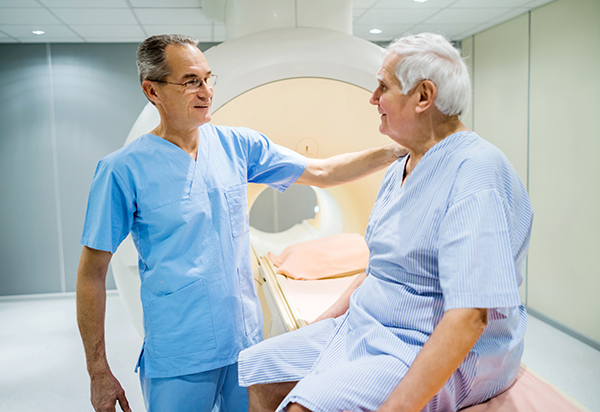December 17, 2017
 Most people desire the most beneficial medical care for our family members, but is it feasible that every now and then, less is best? According to a recent report published in Plos One by Dr. Martin Makary, professor of surgery and health policy at the Johns Hopkins University School of Medicine, a full 21% of treatment people receive is unneeded – meaning that huge numbers of people subjected to various treatment methods, tests and scans are obtaining little or no benefit. And these types of unwarranted healthcare services come at a price: up to $210 billion annually, as revealed by the National Academy of Medicine.
Most people desire the most beneficial medical care for our family members, but is it feasible that every now and then, less is best? According to a recent report published in Plos One by Dr. Martin Makary, professor of surgery and health policy at the Johns Hopkins University School of Medicine, a full 21% of treatment people receive is unneeded – meaning that huge numbers of people subjected to various treatment methods, tests and scans are obtaining little or no benefit. And these types of unwarranted healthcare services come at a price: up to $210 billion annually, as revealed by the National Academy of Medicine.
As one specific example, screening for survivors of early stage breast cancer regularly incorporates advanced imaging such as PET, CT and bone scans, and tumor marker screenings – while the American Society for Clinical Oncology expressly encouraged physicians in 2012 not to order these sorts of tests. Nevertheless, about half of patients within that criteria received these types of scans between 2007 and 2015.
The result is needless pain, suffering, and financial expense for tests and procedures that may have no bearing on improving or extending life, according to Dr. Lisa Schwartz, professor at the Dartmouth Institute for Health Policy and Clinical Practice. Dr. Rebecca Smith-Bindman, a University of California-San Francisco professor, takes this a bit further, reporting, “It’s just bad care.”
Because of the Choosing Wisely campaign, established by the American Board of Internal Medicine Foundation in 2012, awareness is being raised about unneeded treatments. “Patients used to feel like ‘more is better,’” said Daniel Wolfson, Executive Vice President of the ABIM Foundation. “But sometimes less is more. Changing that mindset is a major victory.”
It’s important for all to be proactive in educating ourselves to the fullest extent possible about any sort of health issues our elderly loved ones are facing, and then to talk to the medical team regarding any tests or procedures that are in question.
Are you aware Continuum, providers of experts companion care in St. Louis and nearby areas, offers transportation and accompaniment to health visits and procedures, and serves as an advocate for elders to help make sure they’re receiving the best possible medical care? Just some of the many ways we’re able to assist:
- Provide medication reminders
- Pick up medications
- Plan and make nourishing meals in accordance to any required dietary plan
- Evaluate the home for fall risks
- Offer mobility and ambulation assistance
- Be sure of safety during bath/shower time
- And much more
Call us at (314) 863-9912 to learn more!
